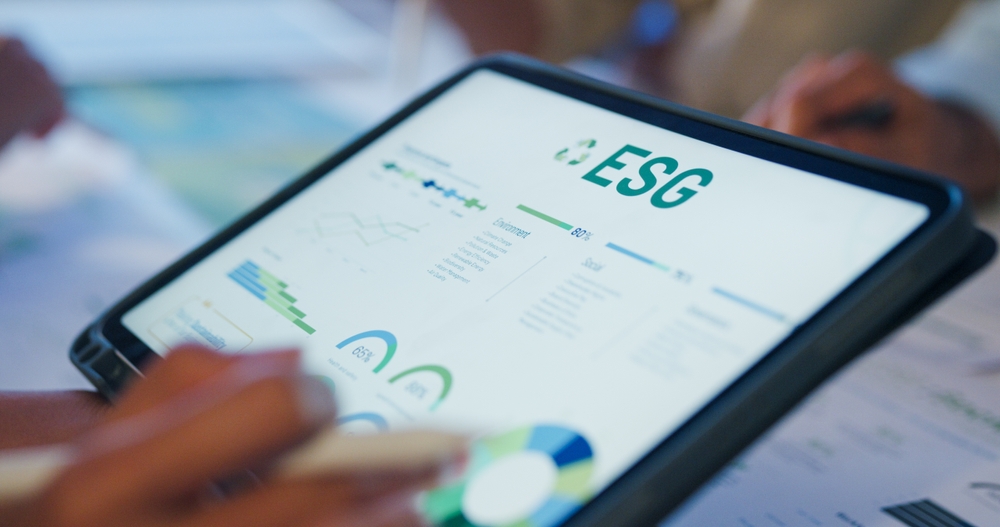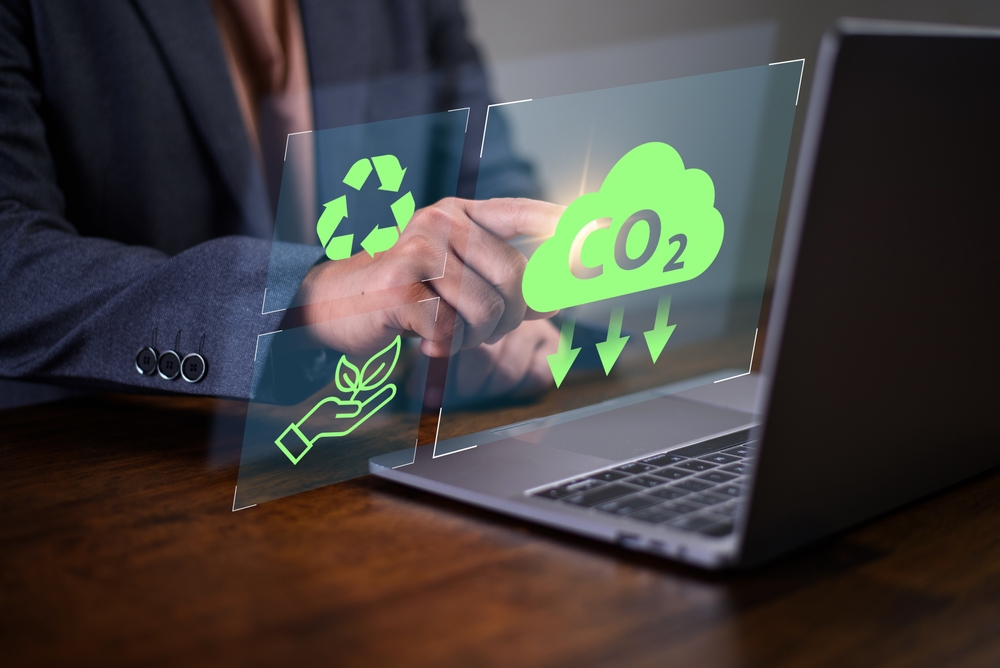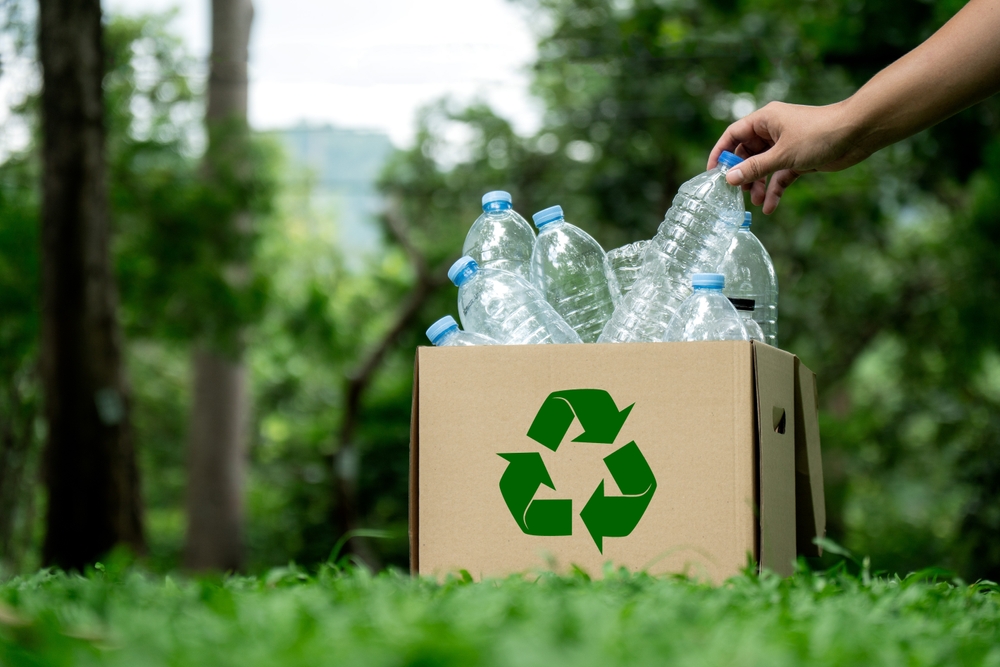Waste is an unavoidable part of modern life. From households and offices to construction, healthcare, and manufacturing, the way we manage waste materials affects public health, regulatory compliance, and the environment. Yet many still ask the question: what is waste management?
This guide explores the waste management process, the waste management hierarchy, and sustainable practices that businesses and communities can adopt. We also look at food waste waste management meaning, the importance of proper waste disposal, and the technologies shaping the future of the waste management industry.
What Is Waste Management? Meaning and Definition
So, what is waste management? At its core, waste management refers to the organised collection, transport, treatment, and final disposal of waste materials. It also covers strategies for reducing waste generation and recovering value from recyclable materials and organic waste.
The definition of waste varies depending on context, but it typically includes anything that is no longer useful and requires disposal — whether municipal waste from households, industrial by-products, hazardous materials, or liquid waste.
For organisations, proper waste management is about more than environmental responsibility. It is essential for compliance with waste management regulations, protecting human health, and achieving cost savings. Many businesses rely on digital tools such as waste management software to track waste streams, conduct waste audits, and demonstrate environmental responsibility.
Importance of Waste Management for the Environment and Compliance
Why is waste management important? The answer lies in its environmental, social, and economic impact. Every year, the global waste output grows as populations and consumption rise. Without effective waste management practices, landfill sites would overflow, plastic waste would pollute ecosystems, and greenhouse gas emissions would climb.
The importance of waste management can be understood through four main areas:
- Environmental protection – Sustainable waste management reduces carbon emissions, prevents pollution, and helps conserve natural resources by recycling materials instead of relying on virgin materials.
- Human health – Proper waste disposal prevents exposure to hazardous waste, reduces contamination risks, and protects public health.
- Regulatory compliance – Businesses must follow waste management regulations, ensuring hazardous materials, organic waste, and recyclable waste are handled safely and documented accurately.
- Economic benefits – Reducing disposal costs, implementing efficient waste collection, and applying waste to energy technologies can create substantial cost savings.
Ultimately, proper waste management reflects environmental responsibility and demonstrates a commitment to minimising environmental impact.
Waste Management Process: How Waste Materials Are Handled
The waste management process involves several distinct stages that control how waste generated is treated from start to finish:
- Waste generation – The amount of waste produced begins at the source, whether households, businesses, or industrial sites.
- Waste collection – Waste collected is sorted and transported to processing facilities or disposal sites.
- Sorting and separation – Waste materials are divided into categories: recyclable waste, organic waste, hazardous waste, and non recyclable waste materials.
- Treatment – Processing materials may involve recycling, composting food scraps, or applying waste to energy technologies like anaerobic digestion or incineration with energy recovery.
- Final disposal – Waste that cannot be recovered is sent to landfill sites or another approved disposal facility.
Effective waste management practices focus on reducing waste generation while maximising recycling materials and energy recovery.
Waste Management Hierarchy and Its Key Stages
The waste management hierarchy is a globally recognised framework for prioritising waste management strategies. It is often visualised as an inverted pyramid, placing the most sustainable options at the top:
- Prevent waste – Design systems to avoid creating waste altogether.
- Reduce waste – Minimise the amount of waste generated by using resources efficiently.
- Reuse materials – Extend product lifecycles through reuse and repurposing.
- Recycle – Convert recyclable materials into new products.
- Energy recovery – Generate renewable energy source outputs from residual waste through technologies like anaerobic digestion and burning waste.
- Final disposal – Send remaining waste streams to landfill waste or incineration without recovery.
Following the waste hierarchy helps organisations reduce landfill waste, conserve natural resources, and adopt sustainable waste management practices.
Types of Waste Materials and Waste Streams
Waste is not a single category — it covers multiple waste streams, each requiring different management methods. Key types include:
- Municipal waste – Everyday waste produced by households and local services.
- Solid waste – Non-liquid waste materials, often a focus of solid waste management strategies.
- Organic waste – Food scraps, garden trimmings, and biodegradable waste.
- Hazardous waste – Chemicals, paints, batteries, and other hazardous materials requiring specialised handling.
- Liquid waste – Wastewater, sewage, or industrial liquids.
- Non recyclable waste materials – Items that cannot be reused or recycled and must go to final disposal.
Understanding waste streams is essential for conducting waste audits, implementing proper waste management practices, and complying with waste management regulations.
Food Waste Waste Management Meaning and Sustainable Practices
Food waste is one of the most significant contributors to global waste. Food waste waste management meaning refers to the strategies used to reduce food scraps, recycle organic waste, and prevent avoidable waste generation.
Sustainable food waste management practices include:
- Preventing waste generation through better storage and consumption habits.
- Composting food scraps to create fertiliser.
- Using anaerobic digestion to turn organic waste into biogas, a renewable energy source.
- Partnering with food banks or redistribution services to prevent waste.
Addressing food waste plays a critical role in global waste management efforts, reducing landfill waste and cutting greenhouse gas emissions.
What Is Waste Disposal and Why Proper Waste Disposal Matters
Waste disposal definition refers to the safe elimination of waste materials that cannot be reused or recycled. Proper waste disposal ensures waste produced does not harm human health or the environment.
Waste disposal methods include:
- Landfill sites – Common but environmentally challenging, contributing to greenhouse gas emissions.
- Incineration – Burning waste can reduce volume and allow for energy recovery, though it requires careful management of carbon emissions.
- Specialist treatment – Hazardous waste often requires chemical or thermal treatment.
Why is waste disposal important? Without proper waste disposal, hazardous waste can leak into soil and water, landfill waste can spread contamination, and non recyclable waste materials can accumulate unchecked.
Solid Waste Management and Recycling Methods
Solid waste management focuses on non-liquid waste streams such as plastics, paper, packaging, and construction debris. Recycling materials within solid waste management systems is vital for reducing landfill waste and conserving natural resources.
Common recycling methods include:
- Mechanical recycling of plastics, glass, and metals.
- Composting organic waste.
- Waste to energy technologies that convert residual waste into electricity or heat.
By improving recycling rates, organisations can reduce disposal costs and demonstrate environmental responsibility.
Hazardous Waste Management and Protecting Human Health
Hazardous waste management is one of the most regulated areas of waste disposal. Hazardous materials such as chemicals, oils, or contaminated soils require careful storage, transport, and treatment.
Effective hazardous waste management prevents risks to human health and ensures compliance with waste management regulations. Businesses dealing with hazardous waste must maintain accurate records, often supported by digital systems like waste management software to prove regulatory adherence.
Waste Management Practices for Businesses and Organisations
Businesses play a vital role in managing waste responsibly. Effective waste management practices include:
- Conducting waste audits to measure the amount of waste generated.
- Setting waste management strategies aligned with compliance and sustainability goals.
- Separating recyclable waste and hazardous waste at the source.
- Reducing waste generation by optimising processes and supply chains.
- Training staff on proper waste management practices.
By implementing proper waste management practices, organisations can achieve substantial cost savings, reduce disposal costs, and minimise environmental impact.
Waste Management Systems, Services, and Regulations
Waste management systems combine processes, technologies, and compliance frameworks to ensure efficient waste handling. Businesses often rely on waste management services for waste collection, treatment, and reporting.
Compliance is governed by waste management regulations that vary by region. These laws cover hazardous waste disposal, landfill waste capacity, greenhouse gas emissions, and recycling targets. Failure to comply can lead to financial penalties and reputational damage.
Digital tools such as Velappity’s waste management software provide a structured approach to compliance, supporting waste audits, accurate reporting, and evidence of environmental responsibility.
Benefits of Waste Management for Costs and the Environment
Proper waste management brings a wide range of benefits, including:
- Economic savings – Lower disposal costs and substantial cost savings from improved efficiency.
- Environmental protection – Reducing carbon emissions, conserving natural resources, and minimising landfill waste.
- Regulatory compliance – Meeting waste management regulations with documented proof of effective waste management practices.
- Corporate responsibility – Demonstrating environmental responsibility to stakeholders, customers, and regulators.
Challenges in Managing Waste and Disposal Costs
Despite its benefits, managing waste effectively comes with challenges:
- Rising disposal costs linked to landfill waste and transportation.
- Growing amounts of global waste due to urbanisation and consumption.
- Managing hazardous materials safely.
- Reducing greenhouse gas emissions from burning waste or landfill sites.
- Handling non recyclable waste materials that cannot be reused.
Addressing these challenges requires investment in efficient waste management systems, waste to energy technologies, and long-term sustainability strategies.
Future of Waste Management: Zero Waste and Sustainable Strategies
The future of waste management lies in innovation and sustainability. Zero waste strategies aim to redesign systems so that waste generated is minimal and resources are reused continuously.
Emerging trends include:
- Advanced waste to energy technologies for renewable energy generation.
- Circular economy models that reduce reliance on virgin materials.
- Smarter waste management systems that use digital tools for compliance and reporting.
- Greater focus on reducing waste generation at the design stage of products.
The waste management industry is moving towards efficiency, sustainability, and accountability — with technology playing a central role.
Final Thoughts
So, what is waste management? It is the organised approach to handling waste materials from generation to final disposal, with the aim of protecting human health, ensuring compliance, and reducing environmental impact.
From following the waste management hierarchy to adopting proper waste disposal methods and sustainable waste management practices, organisations have a responsibility to act. By leveraging digital tools and effective strategies, businesses can demonstrate environmental responsibility, meet regulatory standards, and reduce costs.
Effective waste management is no longer optional — it is central to building a sustainable future.




